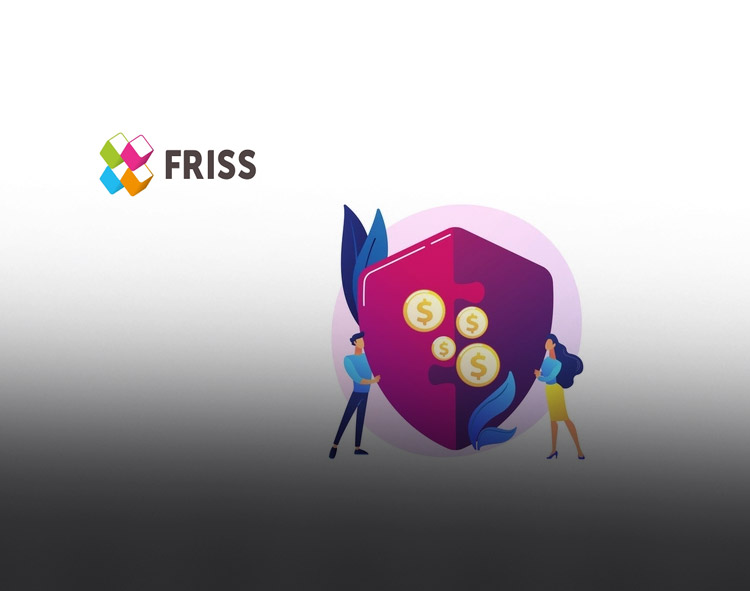A 2020 study by FRISS reveals how the pandemic changed insurers’ priorities
In a recent study by FRISS, the global leader in AI-powered fraud detection software for insurers, the impacts of COVID-19 as well as long-term industry trends are highlighted. The study gathered input from nearly 500 insurance professionals worldwide and provides insight into topics such as fraud detection during a pandemic, data challenges, setting a fraud-fighting culture, the use of social media to combat fraud and more.
Read More: GlobalFintechSeries Interview with Chyna Qu, Co-Founder and COO at DeFiner
The full report is here available as a free download
Rapid and sweeping changes in how insurers do business — and fight fraud — were well underway before COVID-19 erupted across the world. The pandemic has accelerated an already dizzying pace. AI and digitizing the insurance chain brings remarkable new potential to benefit insurance consumers. Yet fraudsters inevitably work to exploit emerging system gaps, continuing to drive up the cost of insurance for honest consumers.
Key findings of the fraud study include:
COVID-19 forced 65% of insurers to focus on digitalization
The global pandemic forced nearly two thirds of all insurance organizations to focus more on digitalization. Almost half had a focus on reducing costs, and about 30% actively increased their fraud checks. Preventing fraud is good for the business. Success depends on the ability to deeply enable a digital way of working. Low-risk claims can be put on a fast track in order to provide sincere customers with a moment of magic when it matters most. Nevertheless, the recent FRISS study found that the desire to move toward digitalized and straight-through processes is not yet met with action. Many respondents are still relying on the gut feeling of their staff and other manual methods for preventing and predicting fraud.
Read More: GlobalFintechSeries Interview with Rob Rosenblatt, CEO at Behalf Inc.
18% of all claims contain an element of fraud
Exactly how much fraud impacts the industry is always hard to pinpoint. The industry generally agrees fraud accounts for about 10% of all claims cost. However, the respondents to the survey on average believe 18% of all claims contain an element of fraud, inflation or misrepresentation. The top fraud schemes that saw an increase in popularity during COVID-19 are staged accidents and vehicle thefts, procedure billing or phantom services, and fake accidents occurring at people’s homes.
100% of insurers benefit from implementing fraud detection software
Eliminating fraud has a clear benefit to the loss ratio, and it’s the top reason respondents to the survey are willing to take on new initiatives. 60% points out that an improved loss ratio is the largest advantage of using fraud detection software. Furthermore, 49% says they benefit greatly from real-time detection. Evaluating claims in real time affords better customer service, which turns moments of misery into moments of magic. 48% is now getting ahead of emerging fraud schemes. Other advantages include better portfolio quality and improved investigator efficiency. Screening incoming customers in real time offers a better experience, increased loyalty and a higher quality book of business.
